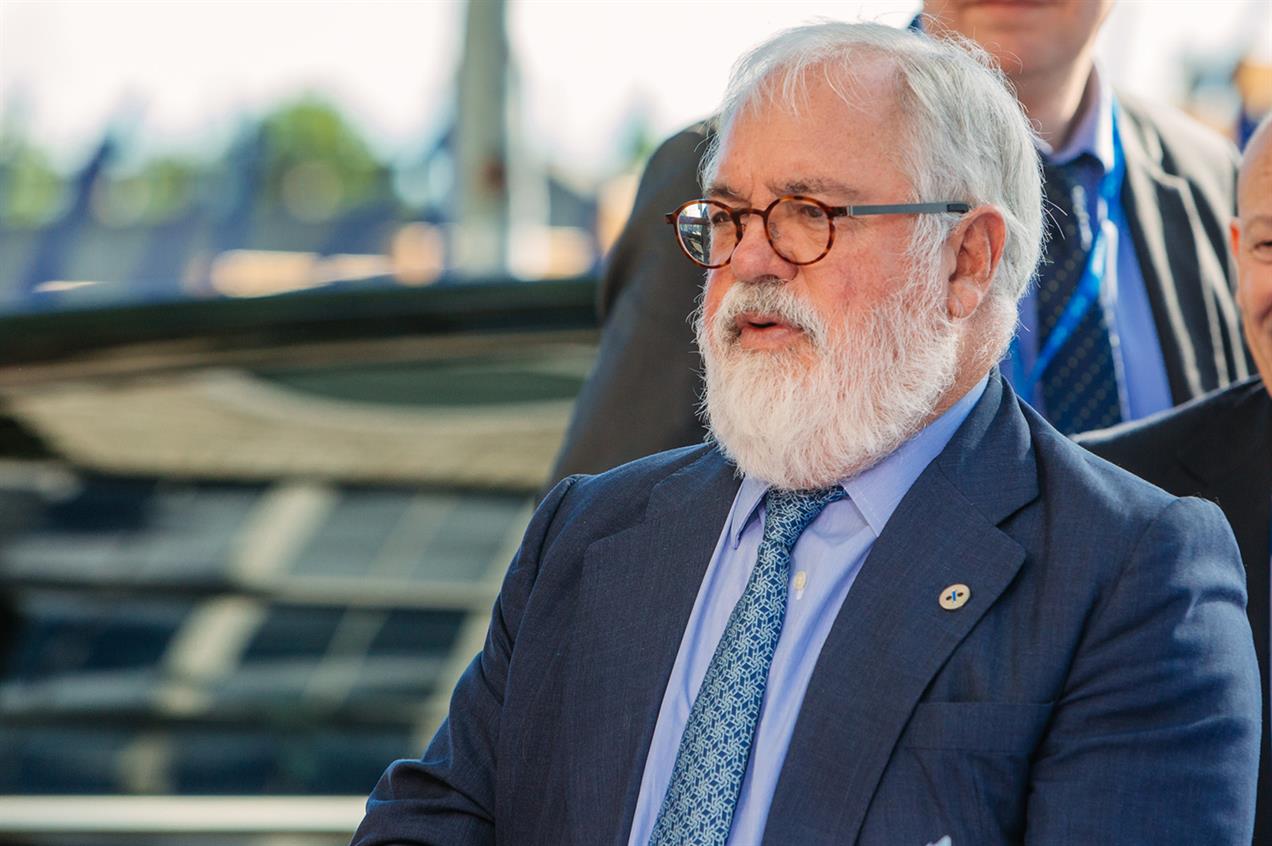Addressing the European Parliament’s environment committee, Cañete said the EU was virtually unique in the world because "we have [climate] objectives and all the policies to achieve the objectives".
But he urged lawmakers to prioritise passing more ambitious climate policies over setting a new target for 2030. "Putting a figure is useless if you don’t have policies," he said.
The EU has currently pledged a 40% reduction in its carbon emissions by 2030, based on 1990 levels.
However, in October MEPs called to , warning that the current target is not a "sufficient contribution" to meeting the goals of the Paris Agreement.
"Our 2030 policies will go a long way," Cañete said. "The 2030 targets are already transformative and they will require major increases in long-term productive investment. But more action is needed," he conceded.
Elsewhere, Benjamin Denis of the European Trade Union Confederation expressed disbelief that discussions on the 2030 targets would not be reopened in any of the scenarios set out by the Commission.
"If we already know that the current policy instruments will not deliver what is needed to be in line with climate science and with the Paris Agreement objectives, why do we keep them?" Denis asked.
While high-emitting sectors have broadly welcomed the Commission’s vision, the Commission must put in place a "master plan for industrial transformation", said Marco Mensink, representing the Sustainable Process Industry through Resource and Energy Efficiency (SPIRE) partnership.
"We have understood the targets, we have identified the technologies, we can see the pilots but what’s not yet clear is how we get the investment," he warned, nor "how the innovations developed here are then also upscaled in Europe".


.png)


HR.jpeg)
.png)








